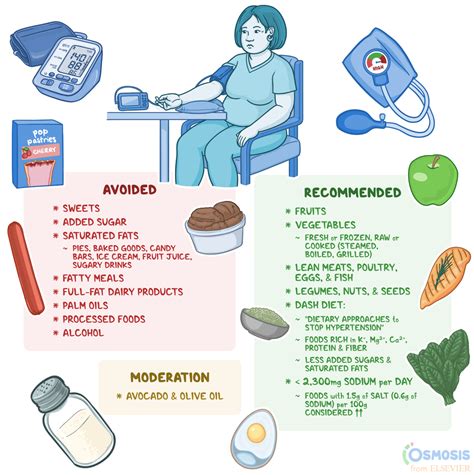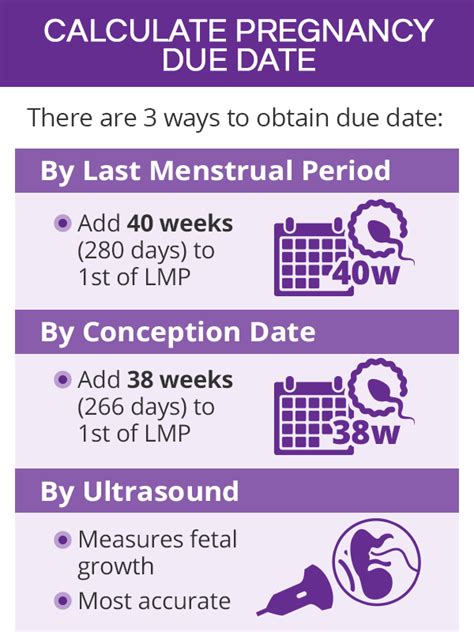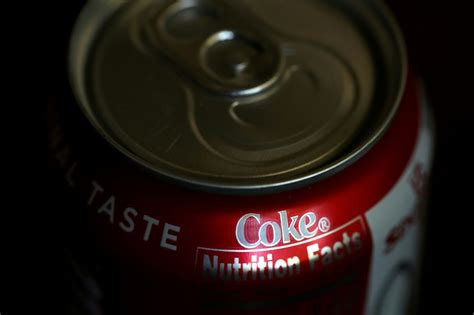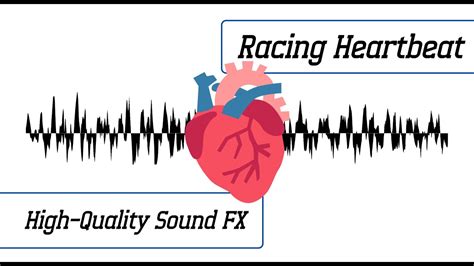A herniated disc is a condition that occurs when the soft, jelly-like center of an intervertebral disc pushes through the tough outer layer. This can happen due to a variety of factors, including:

- Aging: As we age, the discs in our spine naturally lose some of their water content, which makes them more susceptible to herniation.
- Obesity: Being overweight or obese puts extra stress on the discs in your spine, which can increase your risk of herniation.
- Repetitive lifting: Lifting heavy objects repeatedly can put strain on the discs in your spine, which can lead to herniation.
- Smoking: Smoking damages the collagen in the discs in your spine, which makes them more likely to herniate.
- Poor posture: Sitting or standing in a hunched position for long periods of time can put strain on the discs in your spine, which can increase your risk of herniation.
What are the symptoms of a herniated disc?
The symptoms of a herniated disc can vary depending on the location of the herniation. However, some common symptoms include:
- Neck pain: A herniated disc in the neck can cause pain in the neck, shoulders, and arms.
- Back pain: A herniated disc in the back can cause pain in the back, buttocks, and legs.
- Numbness or tingling: A herniated disc can compress the nerves in your spine, which can cause numbness or tingling in the arms or legs.
- Weakness: A herniated disc can also cause weakness in the arms or legs.
How is a herniated disc diagnosed?
A herniated disc is typically diagnosed with a physical exam and a review of your symptoms. Your doctor may also order an MRI or CT scan to confirm the diagnosis.
How is a herniated disc treated?
The treatment for a herniated disc will depend on the severity of your symptoms. In most cases, conservative treatment, such as physical therapy, chiropractic care, or medication, can help to relieve pain and improve function. In some cases, surgery may be necessary to remove the herniated disc.
Can poor posture cause a herniated disc?
Poor posture can put strain on the discs in your spine, which can increase your risk of herniation. However, it is important to note that poor posture is not the only cause of herniated discs. Other factors, such as aging, obesity, and repetitive lifting, can also contribute to this condition.
How can I improve my posture?
There are a number of things you can do to improve your posture, including:
- Stand up straight: When you’re standing, make sure your head is held high, your shoulders are back, and your stomach is pulled in.
- Sit up straight: When you’re sitting, make sure your feet are flat on the floor, your knees are bent at a 90-degree angle, and your back is straight.
- Avoid slouching: When you’re sitting or standing, avoid slouching or hunching forward.
- Stretch your muscles: Regular stretching can help to improve your posture and reduce your risk of back pain.
Conclusion
Poor posture can put strain on the discs in your spine, which can increase your risk of herniated disc. However, it is important to note that poor posture is not the only cause of herniated discs. Other factors, such as aging, obesity, and repetitive lifting, can also contribute to this condition.
If you’re concerned about your posture, talk to your doctor. They can help you to assess your posture and develop a plan to improve it.
















